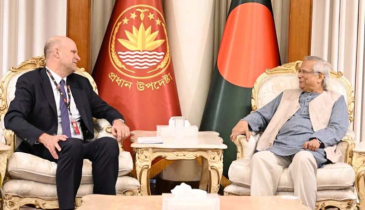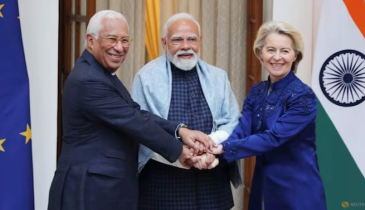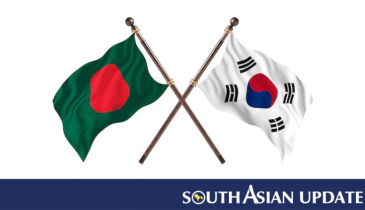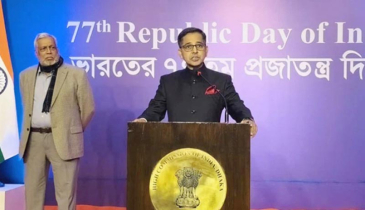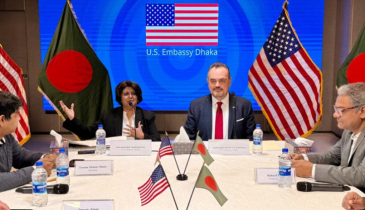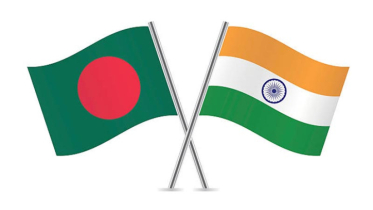Bangladesh concerned over water-sharing with India
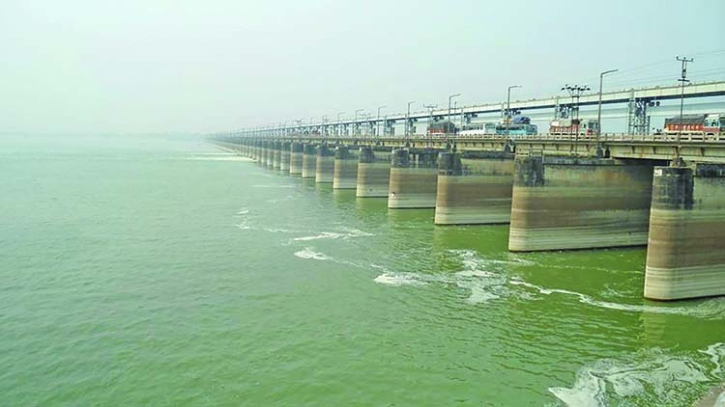
Amid escalating tensions between India and Pakistan following a recent terror attack on tourists in Pahalgam, Kashmir, India has announced the suspension of the Indus Waters Treaty with Pakistan. This move has sparked apprehension in Bangladesh, where there is growing concern that water-sharing could be used as a political bargaining tool.
These worries come at a critical time, as the Indo-Bangladesh Ganga Water Treaty approaches its renewal deadline in 2026. On March 6, 2025, technical delegations from India and Bangladesh met in Kolkata under the framework of the Joint Rivers Commission to discuss the potential renewal of the treaty. As part of the visit, the Bangladeshi team also reviewed operations at the joint observation station in Farakka. The Ganga Water Treaty, originally signed on December 12, 1996, by Indian Prime Minister H.D. Deve Gowda and Sheikh Hasina during her first term, ensures a minimum water flow to Bangladesh during dry seasons. The agreement is valid for 30 years and is set to expire in 2026, pending mutual consent for renewal.
Although the treaty remains active for now, India's decision to suspend a separate water-sharing accord with Pakistan has cast uncertainty over its long-term stance on regional water cooperation, particularly with Bangladesh.
As outlined in Article XII of the 1996 agreement, the Ganga Treaty remains in effect for three decades and may be renewed only if both nations agree. The renewal is not automatic and requires a formal consensus. While India has historically supported equitable water-sharing with its lower riparian neighbours, current geopolitical and domestic factors may influence future commitments.
India has signaled a preference for engaging with an elected government in Dhaka, and there is hope that Bangladesh’s current interim administration will transition toward democratic elections. Nonetheless, New Delhi has reaffirmed its willingness to continue discussions. In March, a Bangladeshi delegation participated in the 86th meeting of the Joint Committee of Technical Experts. The talks centered not only on the Ganga Treaty but also on broader issues, including the sharing of waters from rivers like the Teesta and Feni.
While political considerations may shape the negotiation process, both India and Bangladesh are being urged to prioritize collaborative water management. Such cooperation is essential to safeguard regional water security, preserve ecological balance, and support the livelihoods of millions living along shared river basins.
.png)



